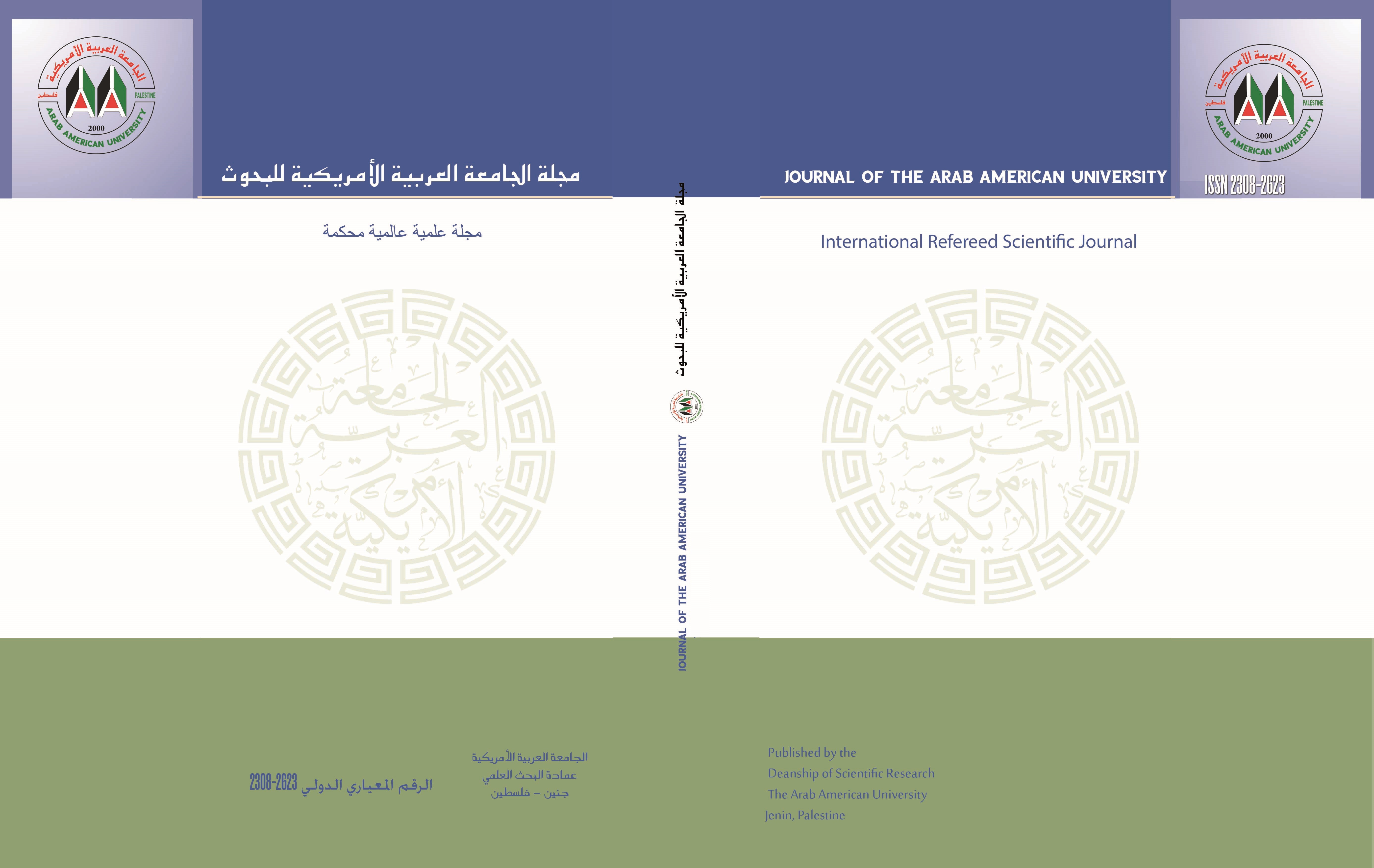Journal of the Arab American University مجلة الجامعة العربية الامريكية للبحوث

Abstract
The corruption phenomenon is one of the oldest negative phenomena that has been closely related to the human society. Starting from the first human societies to the emergence of the modern political systems, the interpretation of the corruption phenomenon has varied in terms of countries' and people's cultures and values, as well as their political, economical, and social views. Corruption, in all its forms, represents an essential aspect in the international community and constitutes one of the most important obstacles, which impedes the growth and development of societies. Consequently, the international community has diligently sought for a global convention to combat and put an end to this obnoxious phenomenon. Therefore, the adoption of the United Nations Convention Against Corruption (UNCAC) on 31 October 2003 by the United Nations General Assembly was a historic day for the people of the world. Just as corruption has been an aspect of focus in the international community, the Palestinian Authority has also given it the same amount of priority and attention. This Convention has become of the Palestinian Authority's interest, which announced its voluntary commitment to the Convention in 2007, and after signing it in early 2014. This commitment comes as an interpretation of the Palestinian Authority's endeavors to adhere to all UN's conventions, declarations, treaties, and agreements in order to receive the UN's full membership.
Recommended Citation
Abufara, Saeed
(2020)
"The United Nations' Convention against Corruption in the Palestinian Legislation,"
Journal of the Arab American University مجلة الجامعة العربية الامريكية للبحوث: Vol. 6:
Iss.
1, Article 5.
Available at:
https://digitalcommons.aaru.edu.jo/aaup/vol6/iss1/5

